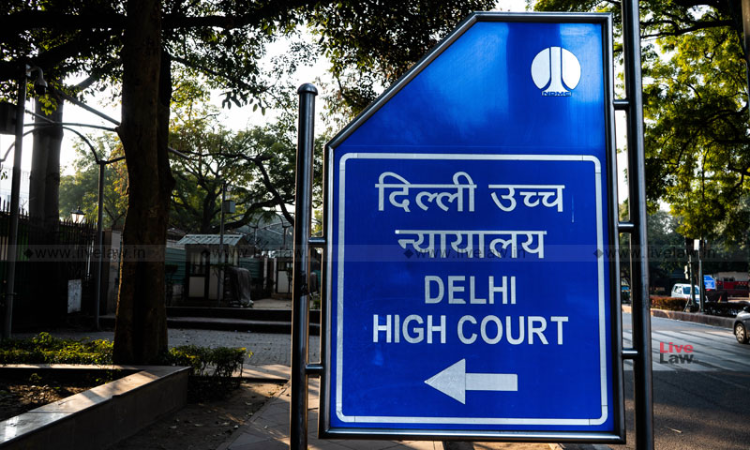While dealing with a case under the POCSO Act, the Delhi High Court has observed that vulnerable witnesses must be protected from unnecessary re-traumatization, particularly in sensitive cases.Emphasising that recalling a victim for additional cross-examination is not a matter to be taken lightly, Justice Amit Mahajan said:“When a victim, especially a child or someone of tender age, is...

